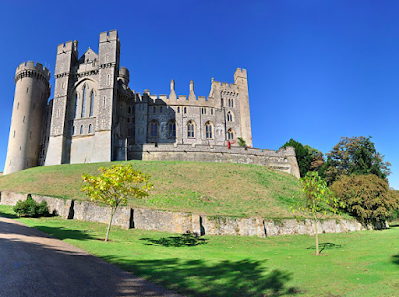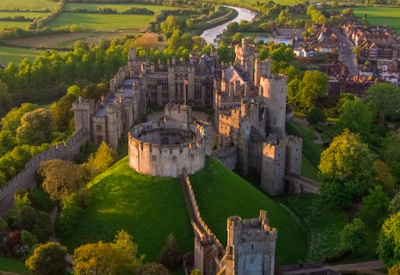This Friday will be a Cat-alogue of Pupdates, so please send in pic of your furry friends to juliaspencerfleming care of Gmail, using the subject line "Pet pics."
 JULIA SPENCER-FLEMING: Today's the day the eligible cardinals (under the age of 80) get locked into the Sistine Chapel (and the Domus Santa Marta guest house) to pray, talk, argue with each other and vote - repeatedly - for one of them until they land on the man to be the next pope.
JULIA SPENCER-FLEMING: Today's the day the eligible cardinals (under the age of 80) get locked into the Sistine Chapel (and the Domus Santa Marta guest house) to pray, talk, argue with each other and vote - repeatedly - for one of them until they land on the man to be the next pope.
Why is this conclave different from all other conclaves? Because the October 2025 movie CONCLAVE has been seen by about a gazillion people all over the world (it's free on Amazon Prime right now! Check it out!) and now we are ALL experts on the whole Papal election scene. From the wax door seal, to the rounds of votes on very, very nice card stock, to the little groups of cardinals puffing away on cigarettes, we've got this down.
I grew up extremely Catholic-adjacent. My dad used his Tridentine missal his whole life. My sister and her family are Catholic, and my three kids attended Catholic schools. Despite this, I don't think I ever heard anyone paying much attention to a conclave, other than in prayers at mass.
 But now, thanks to Robert Harris's novel-turned-movie (read the book, too! It's excellent!) everybody is tuned into the ancient and arcane process by which a group of mostly old guys (120 out of the 135 voting cardinals are between 60 and 80) discerns who next takes the Apostolic See (from the Latin sedes, meaning 'seat.')
But now, thanks to Robert Harris's novel-turned-movie (read the book, too! It's excellent!) everybody is tuned into the ancient and arcane process by which a group of mostly old guys (120 out of the 135 voting cardinals are between 60 and 80) discerns who next takes the Apostolic See (from the Latin sedes, meaning 'seat.')
Here are a few fun facts to throw around at your next dinner party (but make it fast, because over the past century conclaves have averaged 2-3 days before acclaiming a new pope.)
Cardinals have been getting together to pick a new Holy Father since 1059, and the process is the oldest still-extant way of electing the leader of a state. It's a little state, but still.
The word conclave derives from the Latin cum clave, 'with a key,' a refinement that started in 1274 after outsiders' lobbying became so noxious, Pope Gregory X decreed the medieval version of Project Graduation.
Gregory X himself had been elected after the longest conclave ever - a few months shy of three years. Eventually, the frustrated residents of the town the cardinals were meeting in locked the building, tore its roof off, and reduced their meal delivery to one a day. That got things moving pretty effectively.
Before the guest house was built in 1996, cardinals were put up in cots stuffed into rooms near the Sistine chapel. Eventually, someone realized collecting a whole bunch of elderly men in an area with inadequate sanitary facilities was a bad idea.
In modern times, the Sistine Chapel has been swept for bugs and wireless signal jammers are used to prevent any communication from the outside world. Which makes it tough for any cardinals who are regulars on Instagram, I guess.
Apparently, one of the goals of the electors is to hit the sweet spot in papal age: old enough to lead for a time without being a generational presence, but young enough not to, well, you know. Throughout the history if the church, 26 popes were, unfortunately short-timers (3 days to 6 months) but 25 sat on the chair of St. Peter for 20-31 years. That averages out nicely, so good job, your Eminences!
Dear readers, this is where I usually ask a question for you to respond to, but honestly, I can't think of any that wouldn't have made me dad give me the side-eye. Tell me what you think in the comments!































